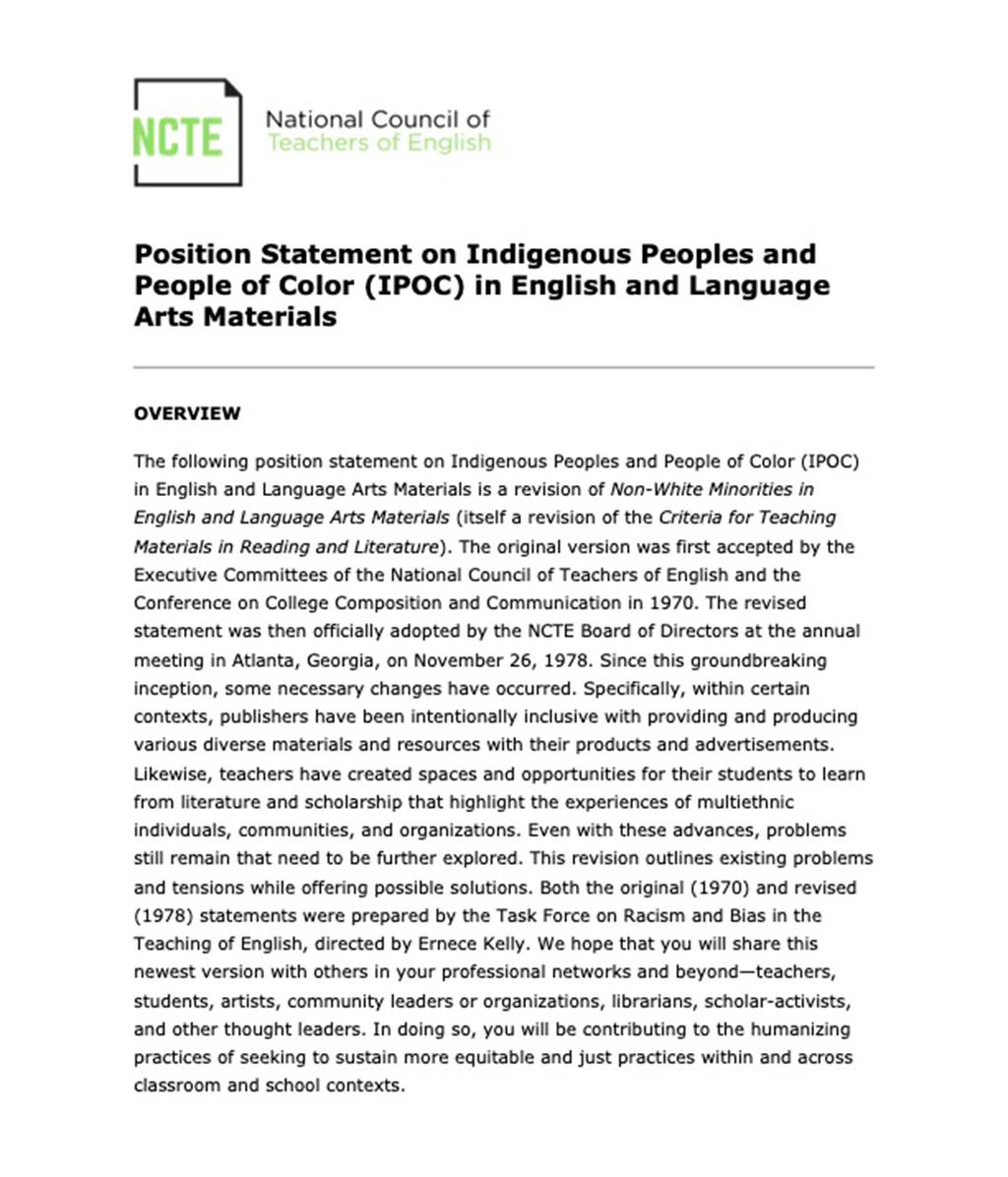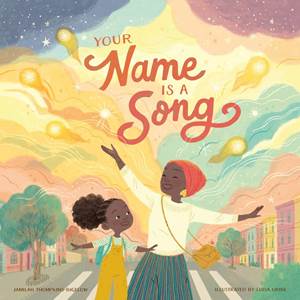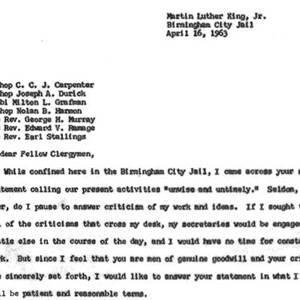29 June 2022
Position Statement on Indigenous Peoples and People of Color (IPOC) in English and Language Arts Materials
Indigenous communities and People of Color in the United States, including Native Americans and Alaska Natives, Pacific Islanders, Asian Americans, Blacks, Chicanx, Puerto Ricans, and others, continue to suffer debilitating and systemic discrimination in jobs, housing, civil rights, and education.

The following position statement on Indigenous Peoples and People of Color (IPOC) in English and Language Arts Materials is a revision of Non-White Minorities in English and Language Arts Materials (itself a revision of the Criteria for Teaching Materials in Reading and Literature). The original version was first accepted by the Executive Committees of the National Council of Teachers of English and the Conference on College Composition and Communication in 1970. The revised statement was then officially adopted by the NCTE Board of Directors at the annual meeting in Atlanta, Georgia, on November 26, 1978. Since this groundbreaking inception, some necessary changes have occurred. Specifically, within certain contexts, publishers have been intentionally inclusive with providing and producing various diverse materials and resources with their products and advertisements. Likewise, teachers have created spaces and opportunities for their students to learn from literature and scholarship that highlight the experiences of multiethnic individuals, communities, and organizations. Even with these advances, problems still remain that need to be further explored. This revision outlines existing problems and tensions while offering possible solutions. Both the original (1970) and revised (1978) statements were prepared by the Task Force on Racism and Bias in the Teaching of English, directed by Ernece Kelly. We hope that you will share this newest version with others in your professional networks and beyond—teachers, students, artists, community leaders or organizations, librarians, scholar-activists, and other thought leaders. In doing so, you will be contributing to the humanizing practices of seeking to sustain more equitable and just practices within and across classroom and school contexts.
Related Tools
The Early History of Segregation in Chicago
Whet Moser
Your Name Is a Song
Jamilah Thompkins-Bigelow
Letter from Birmingham Jail
Martin Luther King, Jr.



